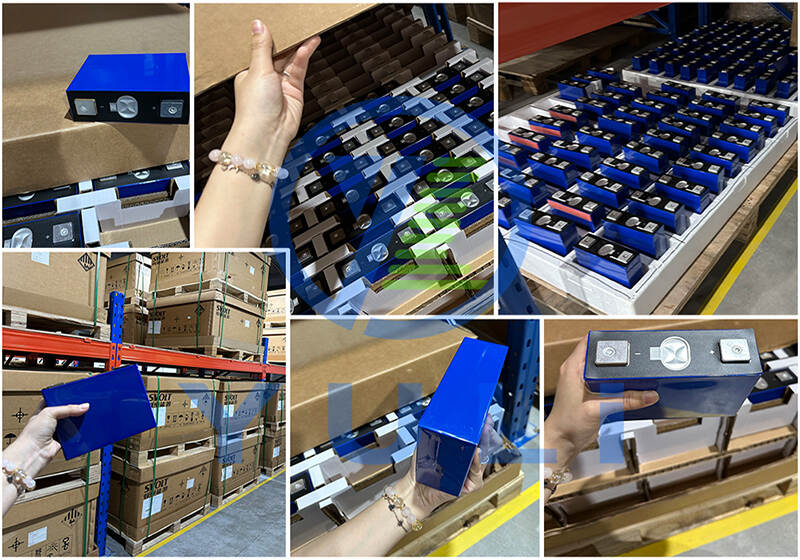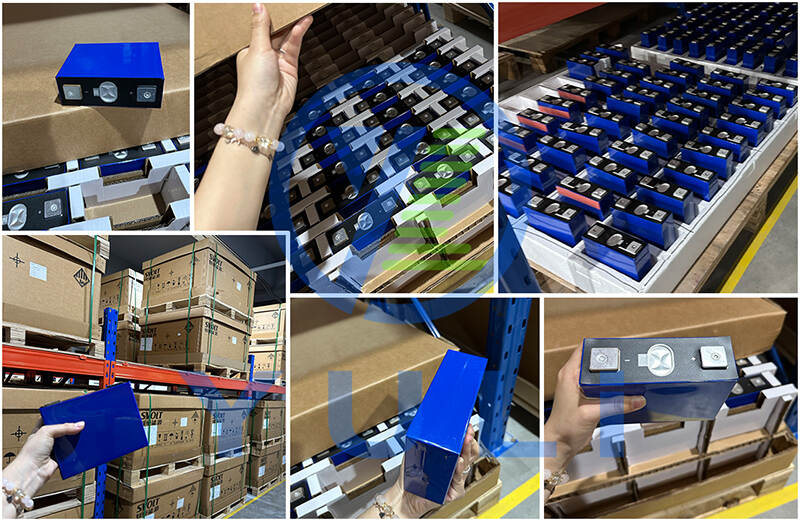Email format error
Email cannot be empty
Email already exists
6-20 characters(letters plus numbers only)
The password is inconsistent
Email format error
Email cannot be empty
Email does not exist
6-20 characters(letters plus numbers only)
The password is inconsistent


Share a Secret: Understanding the Price Difference Among Batteries
Are you curious about why battery prices vary so big in today's market? ��� What are the differences that set them apart?
In the home energy storage industry, batteries are not that equal. From top A-grade to recycled components, the price difference reflects the diversity of available technologies. After mass production of battery cells, manufacturers need to measure the rated capacity, internal resistance, and other parameters of battery cells through a series of testing processes.
Let's uncover the key differences:
��� Top A-Grade Batteries:
These top-tier batteries are crafted from premium materials with higher energy density and longer lifespans. Their precision manufacturing and strict quality control contribute to reliability but often come with a higher price tag.
① Top A-grade battery cells with rated capacity reaching a predetermined value, internal resistance is lower than the specified value, and their appearance, and performance are qualified.
② Differences in the quality & performance of battery cells between different manufacturers are mainly reflected in the differences in the level of production and manufacturing.
YULI Energy always strives to provide high-quality battery products to our global customers.
YULI Energy's top A-grade battery cell warehouse
��� B-Grade Batteries:
As a mid-tier option, B-grade batteries offer decent performance at a more budget-friendly price. While they might not match A-grade quality, they're a reliable choice for those seeking a balance between performance and cost-effectiveness. The distinction between B-grade batteries is based on the following main reasons
① Compared with A-grade batteries, B-grade batteries may have insufficient capacity, discharge rate, size difference, or appearance defects.
② There are also some unsold stockpile battery cells after 3-6 months of production, there is a possibility that the battery cell manufacturers will judge them as B-grade battery cells.
��� C-Grade Batteries:
C-grade batteries are generally only about 50-60% performance of the same model A-grade batteries, and good ones can reach 70%. C-grade batteries are less safe. In addition, C-grade batteries are not durable, and after a few more cycles of charging, the performance will be greatly reduced.
① Some batteries come from recycled parts and can be sold at low prices. These batteries may come from various sources and will affect both quality & longevity.
② Some B-grade cells can be called C-grade if they have been placed in the warehouse for more than 8 months and still have not been processed into batteries. Due to the long period, with the self-discharge and the aging of dust and moisture, C-grade batteries are prone to battery swelling.
At Shenzhen Yuli Energy Technology Co., Ltd., we understand the difference in battery technology, we strategically partnered with big battery brands and offer a wide range of options to suit diverse needs. Our commitment to innovation and strict quality control allows us to deliver reliable solutions on excellence to our global partners.
��� Curious to explore a range of batteries to your unique requirements? Let's navigate the battery together and discover the perfect fit for your energy storage needs!
#YuliEnergy #BatteryInnovation #EnergyStorageSolutions #Solarbattery #Solarproducts
